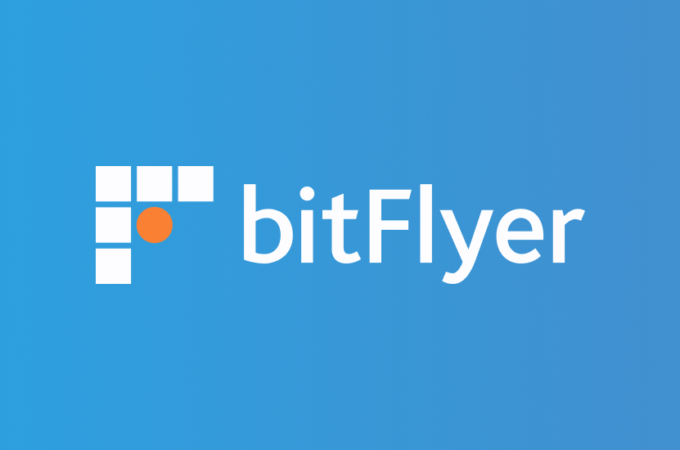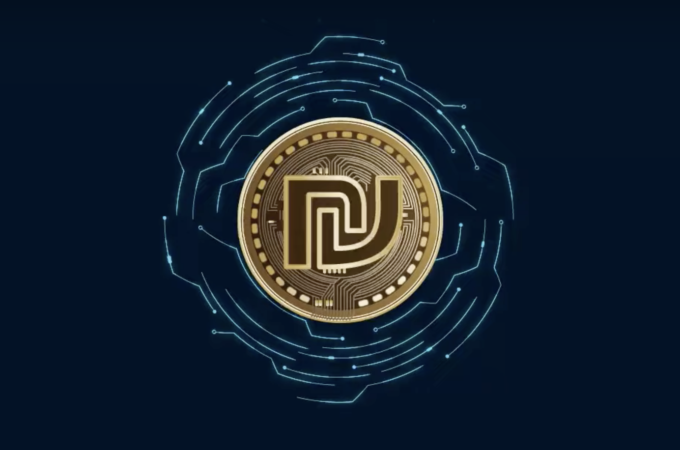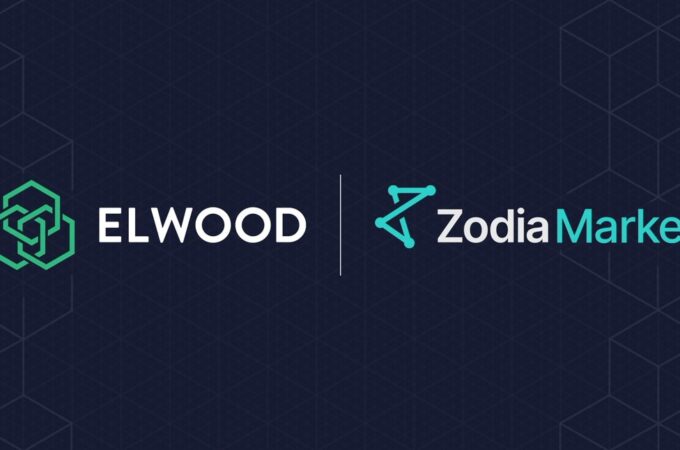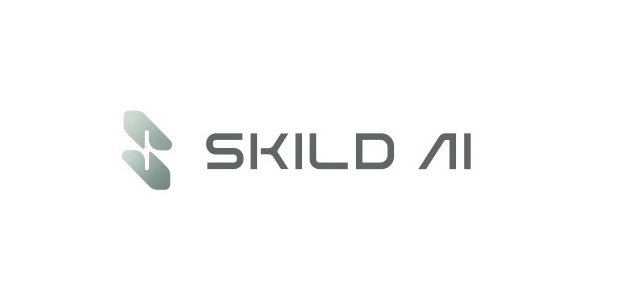
Fintech Firm Plaid Raises $44 Million
By Telis Demos for WSJ
Plaid Technologies Inc., whose software allows a variety of financial-technology startups to access their customers’ bank account information, has raised $44 million in a new round led by a fund at Goldman Sachs Group Inc.
The new funding is a boost for apps and websites that use Plaid, which has now raised about $60 million total, as they work to ensure access to customer data held by banks.
In recent months, banks and fintech firms have clashed about some of the ways that the firms access bank-customer account data, including concerns about security of passwords and surges of data traffic to banks’ websites.
Many upstart financial-services providers such as online financial adviser Betterment Inc. use Plaid’s software to access or check customers’ account data when providing mobile and web services like budgeting, investing or lending.
Zach Perret, co-founder of Plaid, said that the past six months have seen “increasing cooperation” between banks and fintech firms, though so far that hasn’t led to a resolution. “There’s an active discussion in the industry, and we think consumers should have access to their data, and should be able to utilize it when and where they need it,” he said.
Industry discussions include potential agreements about how and when data aggregators can access customer information, and through what means. Part of the discussion is about making it clear what data customers want to share, and about how customer account passwords should be stored.
Last year, banks including J.P. Morgan Chase & Co. briefly restricted access from a service by Mint, a unit of Intuit Inc. that allows customers to gather all their financial accounts on one site, after the banks said it was overwhelming their websites with data traffic, the Journal has previously reported. A spokeswoman for Intuit declined to comment.
That incident prompted a wave of discussion among fintech firms, banks and regulators. Fintech upstarts, which often offer services that compete with banks, have said that bank data should be free for customers to share. Banks have said that they only want to make sure customer data are secure and that their servers aren’t overwhelmed.
“Handing over your password to your bank account just isn’t a good idea,” said a J.P. Morgan spokeswoman. “We’re working with the industry to make a secure and private way for our customers to access these services.”
Plaid wasn’t involved in the Mint incident, but the company wants to make sure that it can continue to have access to bank data.
Mr. Perret said he had met with regulators and bankers recently, including at the recent fintech summit at the White House, to discuss data-sharing arrangements. “Our fundraising is an endorsement of the work we have been doing,” he said.
Christopher Dawe, co-head of the venture-capital and growth-equity team at Goldman Sachs Investment Partners, said those discussions were a key factor in its investment in Plaid.
“It’s ultimately in the banks’ best interest to better serve their customers with data access, reduced friction and financial innovation,” said Mr. Dawe.
The fund invests on behalf of Goldman’s wealth-management clients, and has invested over $6 billion into private companies such as ride-sharing service Uber Technologies Inc. and music-streaming site Spotify Inc.
Plaid, founded in 2012, has raised money from Goldman, New Enterprise Associates Inc., Spark Capital and other venture investors. The new round could also include strategic investors, the company said.
Plaid competes to varying degrees with data-linkage services from financial software firms including Envestnet Inc.’s Yodlee and Morningstar Inc. Its customers and partners include PayPal Holdings Inc.’s Venmo payments unit, Stripe Inc. and services that provide mobile banking and budgeting services.
Jon Stein, chief executive at Betterment, said his firm uses Plaid to verify that customers have the money in their bank accounts when they transfer funds. Betterment also providers customers with a view of all their bank accounts on its website.
He said fintech firms would agree to more-secure connections with banks—avoiding what is known as “screen scraping,” or simply plugging data from a webpage by using a customer’s username and password—as long as they are provided.
“Nobody likes screen scraping, but not all banks have made alternatives available yet,” he said. “Everybody has a right to access their financial data and provide it to third parties.”
First appeared at WSJ





